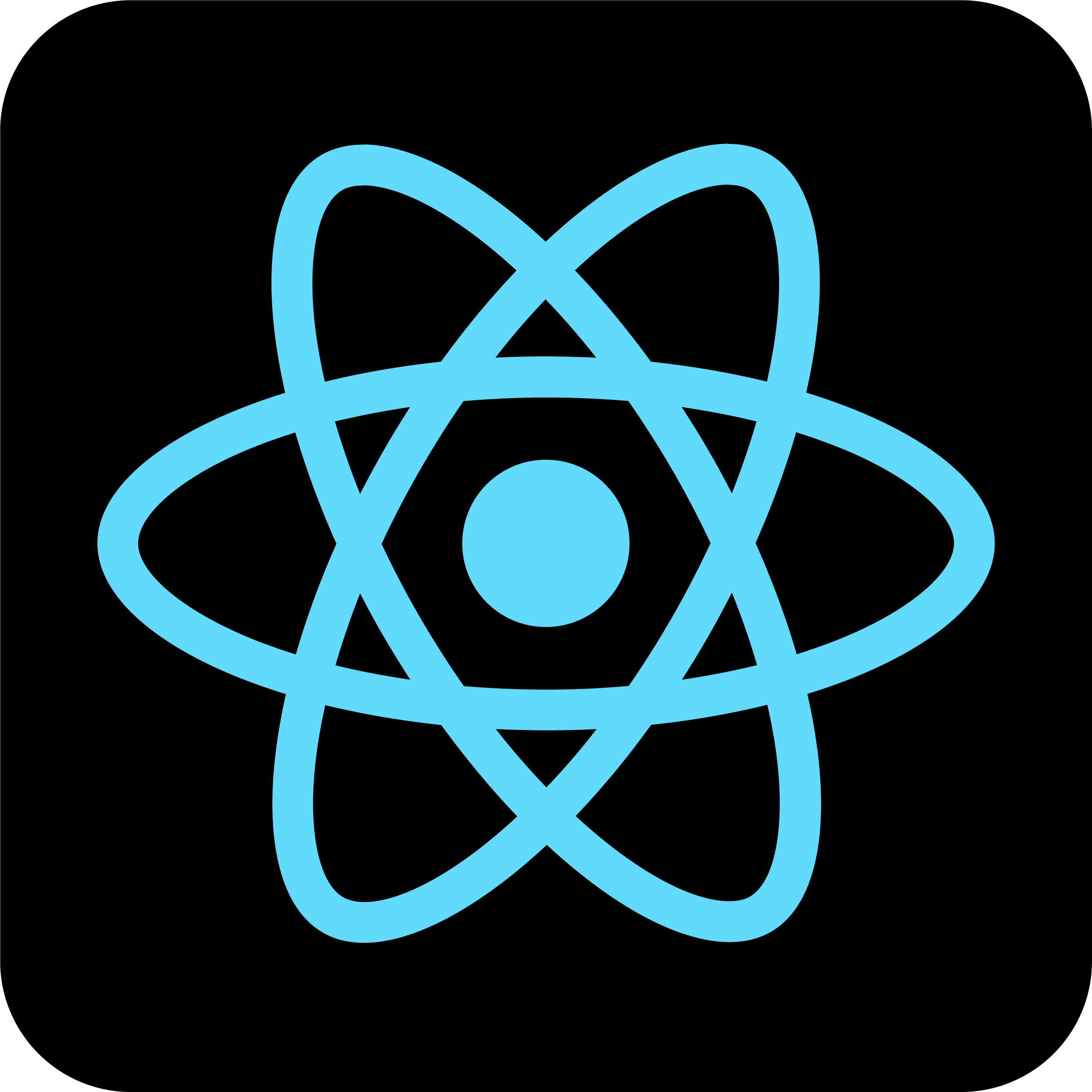Quality Assurance in software development
Software development requires careful planning and execution to create genuine products. Quality assurance (QA) is integral to this process, ensuring the product is error-free and reliable. By implementing software quality assurance services, the development team can spot and rectify any problems before the product goes live, diminishing the danger of issues after deployment.
Quality assurance is essential in product development and must be performed by quality assurance service providers with knowledge and experience in the field. If the end customers test the product's quality, it reflects poorly on the company's image, increases churn rates, and lowers retention rates. Every project needs QA, even if it is not included in the development invoice.
Our quality assurance company believes that only some stages of product creation are suitable for adding QA to the process. Choosing the right moment to implement QA is essential to avoid unnecessary expenses and effort. For instance, adding QA at the beginning of the development process does not make sense since many projects undergo significant changes during development and still need to become stable before adding it. This is why our quality assurance service company recommends implementing QA after the product is durable and when it becomes beneficial.

Devstark's quality assurance team can help you with
Manual testing ensures software functionality by replicating real user scenarios and identifying issues that automated tests may overlook. Manual testing involves a tester executing test cases and verifying that the software meets all the directives. Often used to test the software's user interface (UI), manual QA testing allows testers to assess user experience, validate complex workflows, and check for edge cases. Our software quality assurance company will perform thorough manual testing to ensure your software runs smoothly.
Performance testing checks if the software performs well under different conditions and loads. It refers to testing the software's response time, scalability, and stability under other loads and stress levels. Our QA company uses various tools and approaches to execute performance testing and ensure that your product operates at high parameters.
Security testing is crucial to warrant that the software is secure and protected against threats and attacks. Security testing involves identifying and testing potential vulnerabilities in the software and ensuring that it meets all the necessary security procedures. Our quality assurance testing company uses tools and approaches, such as penetration testing, vulnerability scanning, and risk assessment, to deliver solid and secure software.
Compatibility testing verifies the software works well on various platforms, devices, and operating systems. It implies testing the software on multiple platforms and ensuring it meets all the necessary compatibility criteria. Our IT quality assurance services provider company will test your application on various platforms, including Windows, Linux, and OS X, to verify that it performs consistently regardless of platform.
Our quality assurance team performs thorough accessibility tests so everyone can use the software, regardless of any disability they may have. Our developers analyze the software's usability and accessibility features, including font size, color contrast, keyboard navigation, screen readers, and other assistive technologies. We also check the software's compliance with accessibility standards such as the Web Content Accessibility Guidelines (WCAG) and the Americans with Disabilities Act (ADA).
Our QA company performs usability testing to confirm the software's user interface and user experience meet all the requirements. By analyzing the software's design, layout, and navigation, they make sure that the software's functionality is intuitive and easy to use, even for users who are not tech-savvy.
The test plan outlines the testing requirements and details of the test cases, their expected results, and the tools and environments required to execute them. Combining test cases into test suites allows us to test multiple scenarios simultaneously. In addition to designing the test plan, we define a list of testing types and tools most suitable for your product. We analyze the software's technical requirements and architecture to determine the appropriate testing tools and methodologies.
QA in Devstark
Partnering with Devstark for reliable QA services guarantees your product is thoroughly tested, meets the user's needs, and positively impacts your business operations. Our experienced quality assurance engineers use the most advanced techniques and tools to ensure our processes are efficient, cost-effective, and meet all product demands.
BDD and acceptance testing using Cucumber JS and performance/load testing are the most popular types of testing that we offer. BDD and acceptance testing using Cucumber JS is a human-readable test description format that reduces the amount of test documentation and, consequently, the budget for QA as a bonus.
Performance/load testing is critical in verifying that software is stable and reliable under heavy usage. The methods and tools used for this testing vary based on the project's characteristics. Still, the objective is to detect bottlenecks and guarantee that the software can manage the predicted demand.
We help customers choose the best and most cost-effective ways to confirm project quality. We analyze the project's requirements and choose the optimal testing types and tools for each project's specifics. We also recommend not mindlessly following popular methodologies but consciously choosing only proper and optimal testing tools.
We understand that every project is unique!
To help our partners decide on the amount of QA needed for their projects and keep from spending too much on unnecessary QA services, we offer the following process
We recognize that each project has individual QA needs, so we closely collaborate with our partners to determine the necessary QA services. Understanding the project needs, business goals, and requirements gives us insight into how to provide the right level of QA testing that is useful, helpful, and, most importantly, profitable.
One of the most critical aspects of QA is timing. Choosing the right moment to implement QA testing can be challenging, but we're here to help. Our team of developers aims to identify the most suitable phase to introduce QA testing, ensuring that it is practical, valuable, and gainful. By doing so, we can help our partners avoid costly delays and ensure that their products are delivered on schedule.
Our team creates the test documentation, including a test plan with test cases combined into test suites. This process helps ensure that the project is closely verified and all requirements on the list are checked. We work diligently to ensure our partners' products meet or exceed expectations.
Every project is different, so we define a list of testing types and tools most suitable for our partners' designs. Our team will work closely with our partners to determine a comprehensive list of testing approaches and tools to ensure their products undergo proper testing.
We perform selected types of testing with the right tools to ensure that our customers' projects are thoroughly tested. We also leverage our in-house testing tools and techniques to provide efficient and effective testing services, as the case may be, regarding the specifics of each project.
Our client's success stories
The tech we use

Cypress
Cypress is an open-source JavaScript-based testing framework that is used for end-to-end testing of web applications. It is designed to be fast, reliable, and easy to use.

Playwright
Playwright is an open-source Node.js library for automating end-to-end testing of web applications. Playwright offers a powerful and flexible testing for web developers, helping them ensure the quality and reliability of their applications.

K6
open-source load testing tool that is used to test the performance of web applications, APIs, and microservices. It is written in Go and is designed to be both developer-friendly and scalable. K6 allows developers to write performance tests in JavaScript or TypeScript, making it easy to integrate with existing workflows.

New Relic
New Relic is a cloud-based observability platform that provides real-time insights into the performance and health of web applications, microservices, and infrastructure. It is designed to help developers and IT teams monitor, troubleshoot, and optimize their applications and systems.
Benefits of quality assurance services
Improved reliability
QA ensures that your application works as expected across all scenarios, giving users a stable and reliable experience.
Enhanced security
Proactive testing identifies and resolves vulnerabilities, protecting sensitive data and maintaining user trust.
Better user experience
By identifying usability issues early, QA contributes to smoother interactions and higher satisfaction rates.
Cost savings
Catching bugs early reduces the need for costly fixes post-launch, saving both time and resources.
Optimized performance
QA testing ensures fast load times and efficient resource usage, improving site responsiveness.
Compliance with standards
QA ensures adherence to industry regulations, minimizing legal and operational risks.
Cross-platform functionality
Thorough QA confirms that the application performs well on all devices and browsers.
Faster time to market
With a structured QA process, fewer last-minute issues arise, speeding up the release timeline and boosting ROI.














.jpg)
